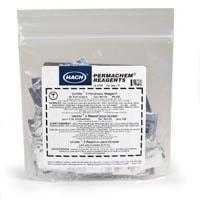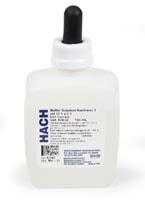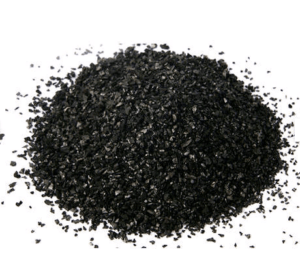
Tampa Bay Water Softeners Products
Experience the luxury of soft, pure water that enhances the taste, feel, and overall quality of your daily water use
Call for best Products
888.929.9907

Shop Tampa Bay’s Best Water Softeners
Tampa Bay Water Softeners is your premier destination for exceptional water softening solutions in the Tampa Bay area. At Tampa Bay Water Softeners, we understand that water quality is fundamental to your daily comfort and efficiency, whether at home or in your business environment. This is why we dedicate ourselves to providing you with only the best water treatment systems, backed by expert advice and professional service.
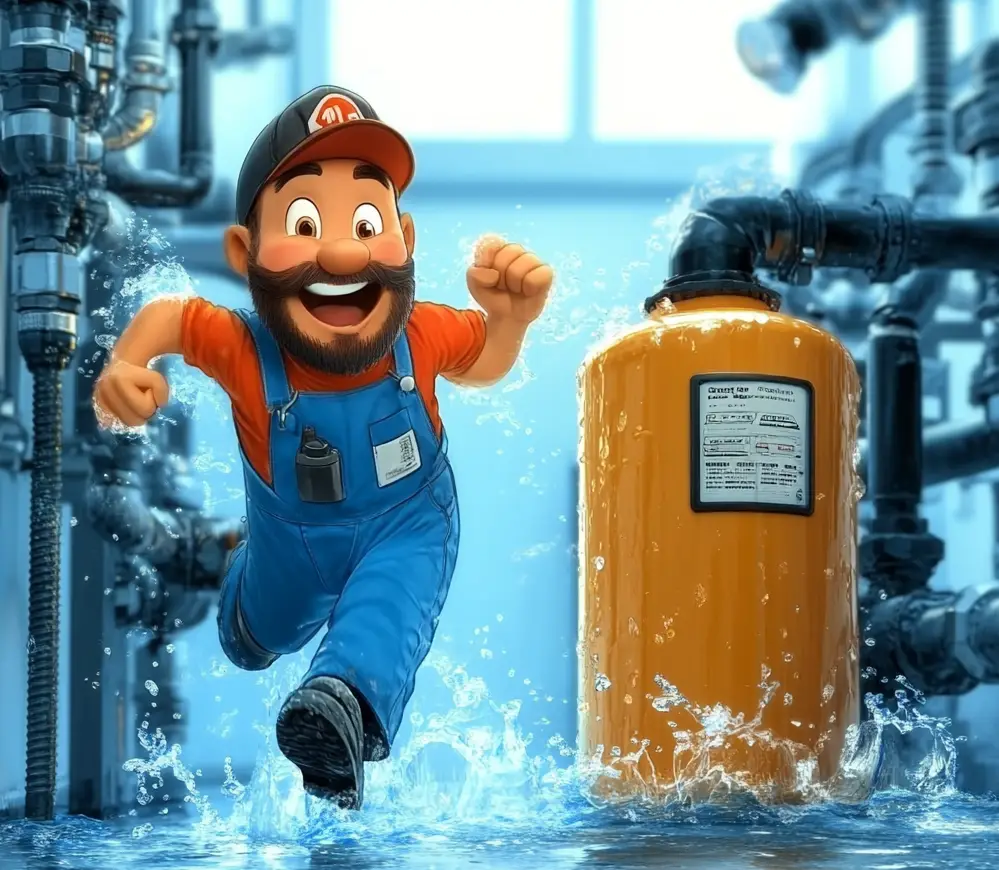
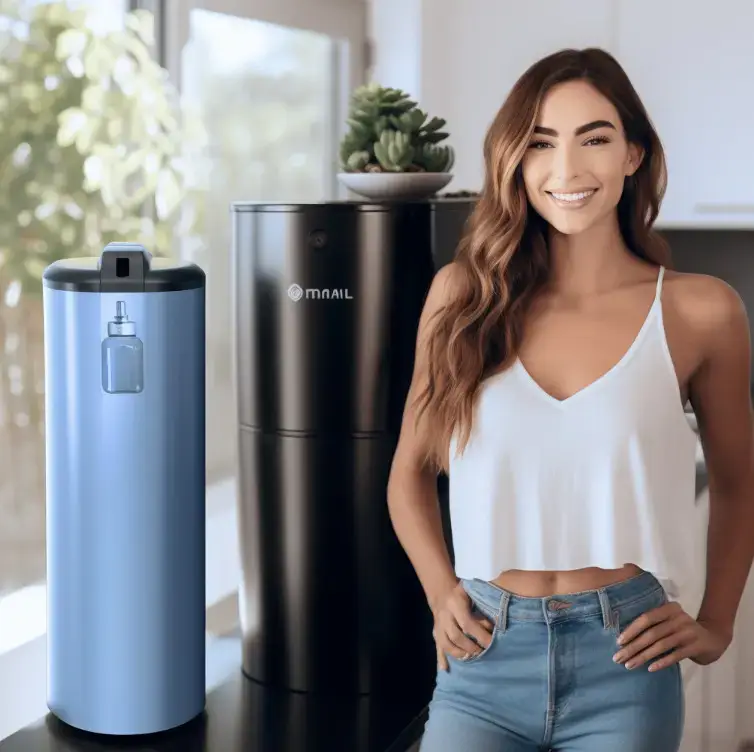
From the moment you reach out to us, Tampa Bay Water Softeners is committed to ensuring your experience is seamless and satisfactory. Our team of highly skilled professionals is well-versed in a variety of water softening technologies and is keen on helping you select the perfect system that suits your specific needs. Tampa Bay Water Softeners takes pride in our consultative approach, ensuring that each recommendation we make is tailored to optimize the benefits for your setting.
Find the Perfect Water Softener for Your Home
- Understanding Your Water Quality
- Assessing Household Needs
- Budget Considerations
- Expert Recommendations
Dedicated Support for Your Water Softener Needs
Our commitment to customer satisfaction doesn’t end with the sale. We offer ongoing support, including troubleshooting, maintenance advice, and expert guidance to ensure your water softener continues to perform at its best
Shop Tampa Bay’s Best Water Softeners
RECENT PRODUCTS

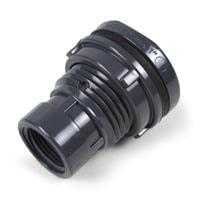
PVC Bulkhead Fitting, 1 SxF
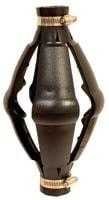
Adjust PVC Top Guide W/Clamps
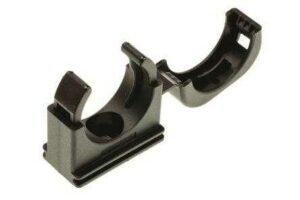
Adjust Rubber Top Guide W/Clamps
QUESTIONS / ANSWERS
Have Questions? We’ve Got Answers!
How do I know if I need a water softener?
Here are some signs you may need a water softener with chlorine removal:
Hard Water Stains: White, chalky deposits on faucets, sinks, showerheads, or glassware could indicate hard water.
Dry Skin and Hair: Soap and shampoo residue left on your skin and hair can lead to dryness and irritation, often due to hard water.
Soap Scum Buildup: Hard water prevents soap from dissolving properly, leaving a sticky film on dishes, tubs, and showers.
Faded or Stiff Clothing: If clothes look dingy or feel stiff after washing, hard water could be the culprit.
Low Water Pressure: Limescale buildup in pipes may reduce water flow over time, causing low pressure.
High Mineral Content: A metallic taste in your water or visible mineral deposits around appliances may suggest high levels of calcium and magnesium.
Appliance Issues: Hard water can reduce the lifespan of water heaters, dishwashers, and washing machines due to scale buildup.
Strong Chlorine Smell: If your water has a strong chlorine odor, which can affect the taste of drinking water and coffee, it indicates chlorine. In this case, you may need a water filtration system with a carbon filter to remove chlorine, along with a water softener to address hard water.
Combining a water softener with a filtration system can resolve both hard water and chlorine-related issues, improving overall water quality.
How do I maintain my water softener?
To maintain your water softener properly, follow these steps:
Check and add salt regularly
Check the salt level in the brine tank once a month
Keep the salt above the waterline but do not overfill
Use high-quality Diamond or Morton brand salt made specifically for water softeners. Do not use pool salt or other types of salt.
Clean the resin bed once a year.
The resin bed removes minerals from your water and should be cleaned yearly to keep it working well
Use a resin cleaner for water softeners by adding it to the brine tank or following the instructions from the manufacturer.
Change carbon filters every three years if you have city water. If your system has a carbon filter replace it every three years or sooner if a chlorine test shows high levels
Regular chlorine testing will help you know when to change the filter especially if you are using city water.
City water vs well water
City water Focus on monitoring chlorine and sediment levels Use chlorine tests to decide when to change filters
Well water You may need to do more frequent cleaning and check for issues like iron or sulfur in the water.
Following these steps will help your water softener work efficiently and provide clean soft water.
What size water softener do I need for my home?
The size of the water softener depends on your household size and water usage. We offer various models, and our team can help you select the right size based on your specific needs. Typically:
- Small homes: Now starting with 8×44 inch tanks, suitable for 1-2 person households with moderate water hardness.
- Medium homes: Range adjusted to 9×48 to 10×54 inches, which is more typical for average family homes.
- Large homes: Now starting at 10×54 inches, going up to 12×52 inches for households with higher water usage or harder water.
- Very large homes: Starting at 13×54 inches for homes with high occupancy or very hard water.
What benefit is a Tampa water softener?
In Tampa, a water softener can be helpful because the water is hard and contains high levels of minerals like calcium and magnesium. Here’s why you might need one:
– It prevents scale buildup in pipes, appliances, and fixtures, which can reduce their efficiency and lifespan.
– It is gentler on your skin and hair, reducing dryness and irritation.
– Soaps and detergents work better in soft water, so you’ll use less for cleaning dishes, laundry, and yourself.
– It can improve the efficiency of your water heater, which can lower energy bills.
Using a water softener can improve your comfort and help your appliances last longer.
Do I need an undersink filter?
No, they are costly gimmick in our opinion. Undersink filters are a gimmick sold by water softener dealers to promote service calls to customers’ homes and increase their profit margins. These calls for service and filter changes are not a good value. These systems require multiple leak detectors because they leak frequently, and even these detectors often fail. The whole setup is designed to create ongoing expenses and maintenance issues for homeowners, rather than providing a cost-effective solution for water filtration.






